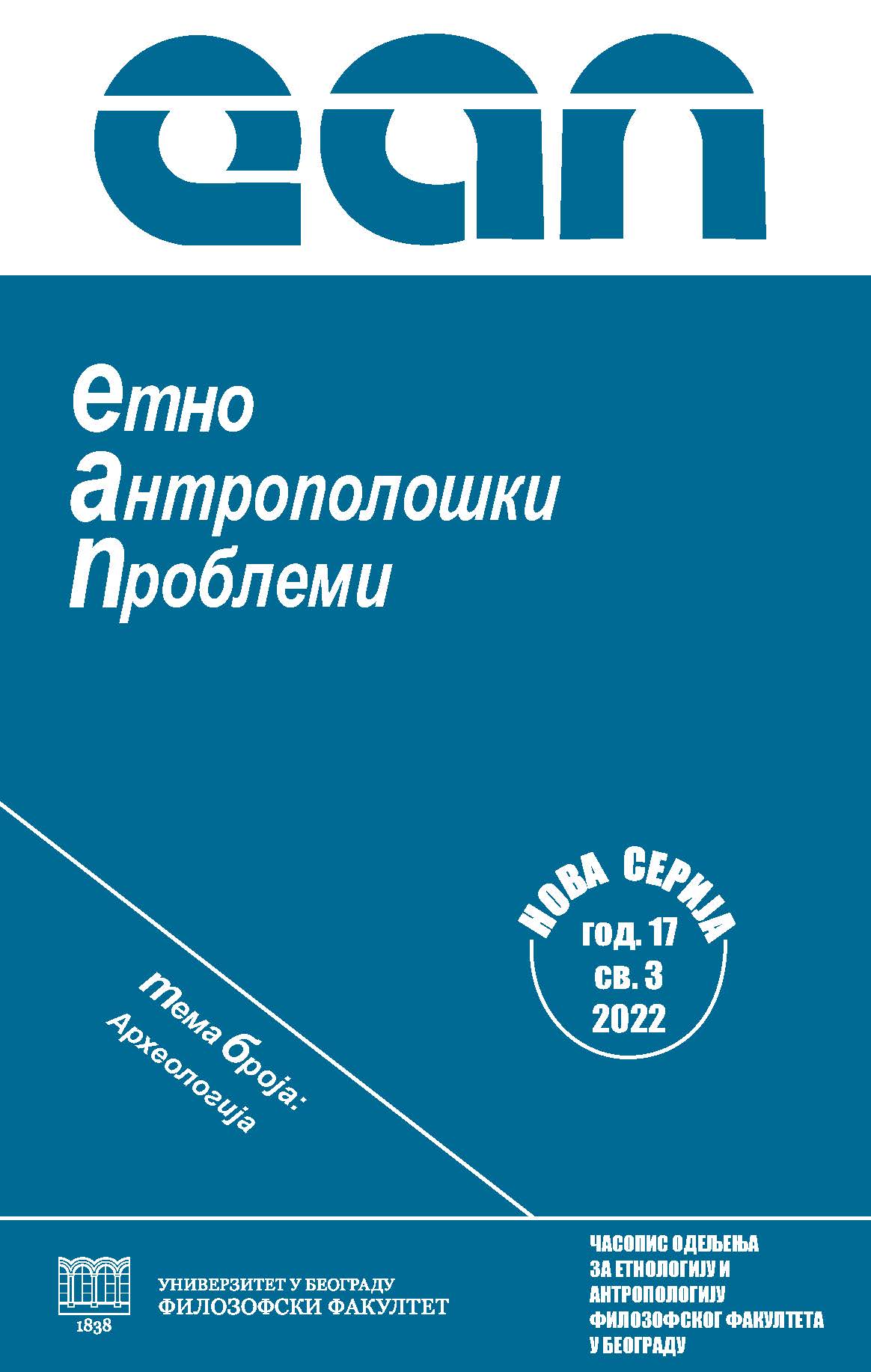Holy War: Expansion of the Naqada Culture and State-Building in Egypt
Sveti rat: ekspanzija Nakada kulture i nastanak države u Egiptu
Author(s): Branislav AnđelkovićSubject(s): History, Archaeology
Published by: Филозофски факултет, Универзитет у Београду
Keywords: Naqada culture; holy war; state-building; Horus; god-king; palaeopolitics; 4th millennium B.C.
Summary/Abstract: Archaeological research would make little substantial progress withouttranscending on occasion the obvious limits of its ‘technical’ routine for the greatestcommon factor: the genuinely interdisciplinary and all-inclusive domain of palaeopolitics.Mortuary consolidation backed by the powerful ‘ideology of an afterlife’ pavedthe way for the political consolidation of the Naqada culture. The ever-larger UpperEgyptian proto-state was spearheaded by the ultimate politico-religious leader: the divineking, the god on earth, incarnated Horus, accompanied by an increasing numberof followers/believers. Every religion has its respective birthplace, i.e. an absolute geographiclocation (Nekhen for instance) to which its roots can be traced. The iconographyof coercion, along with so-called powerfacts, is firmly established in southern UpperEgypt. Holy war in direct connection with state-building is a well-known narrative, ahistorical and modern phenomenon.
Journal: Етноантрополошки проблеми
- Issue Year: 17/2022
- Issue No: 3
- Page Range: 867-902
- Page Count: 36
- Language: English

